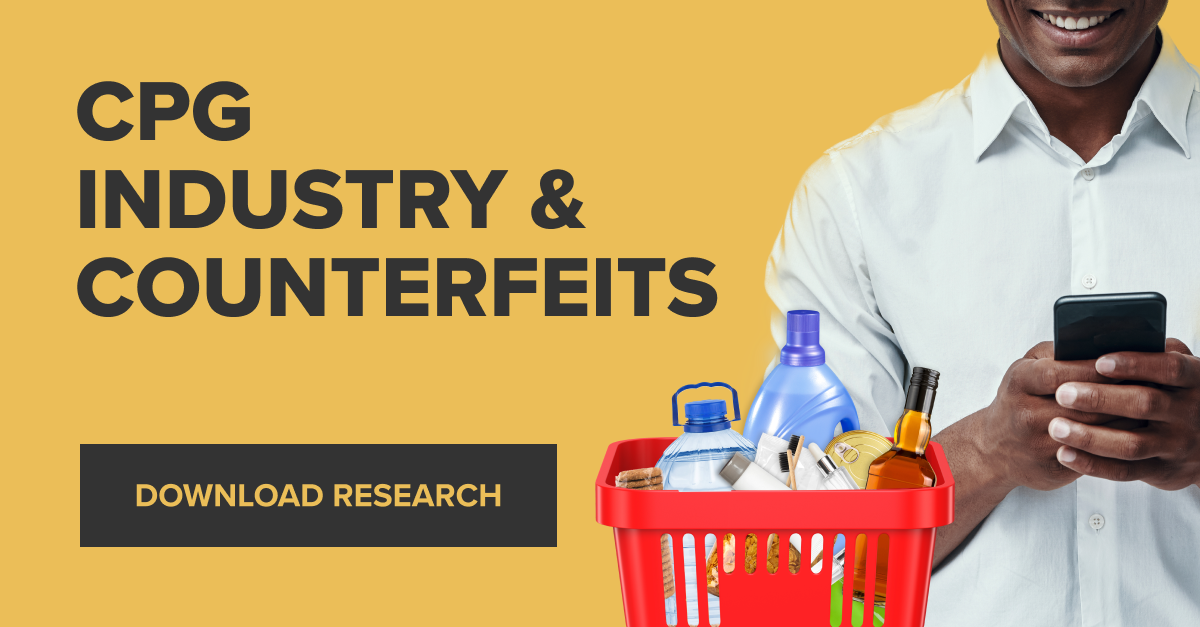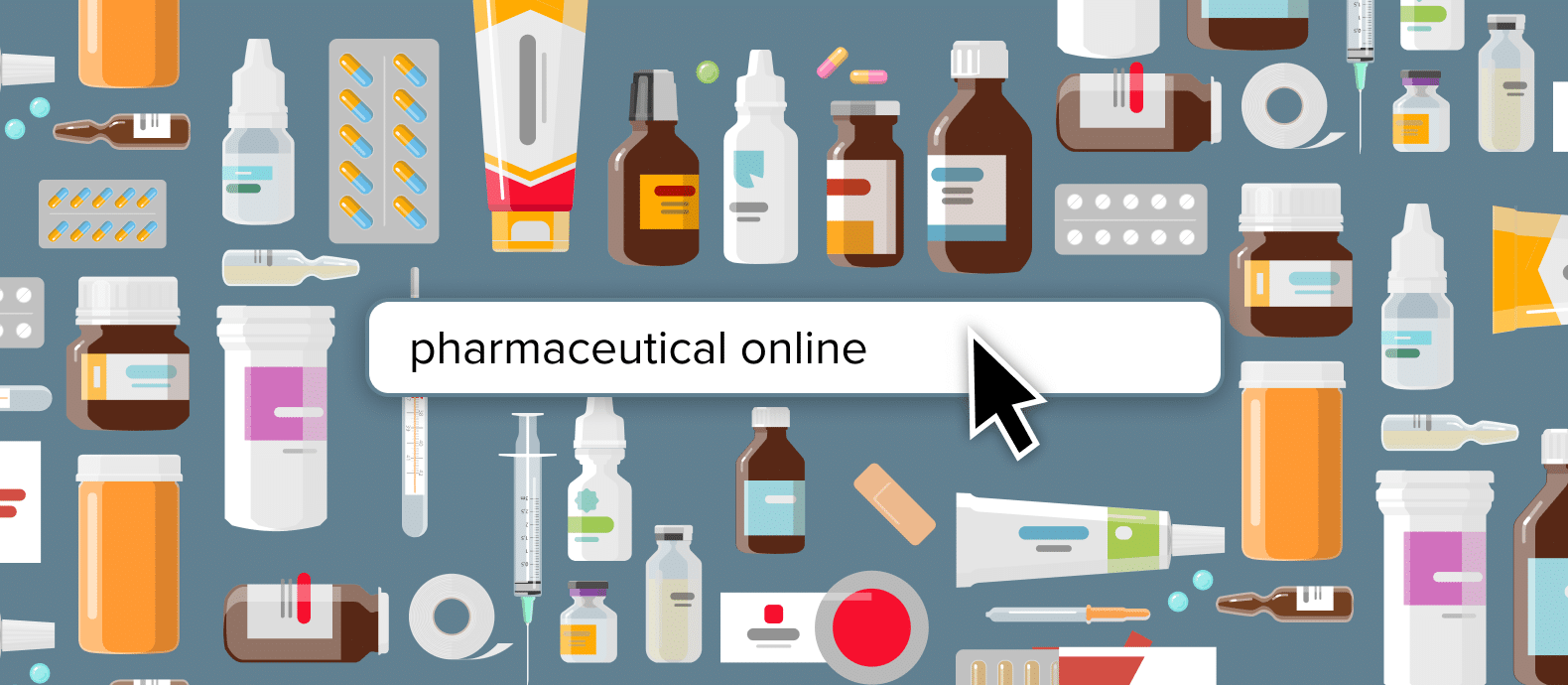Counterfeit supplements find their way to unsuspecting shoppers all around the world. Is it ginseng extract, or a mixture of garlic and rice powder? Does that multivitamin have any vitamins? Does that diet pill have hidden toxic ingredients?
Unfortunately, there’s no simple way to find out. The best thing for consumers to do is to stick with legitimate dealers, but even trusted outlets like GNC and Walgreens have been called out for selling mislabeled or fake products. That’s why supplement brands should keep tight control over their supply chain and be aware of who is selling what.
Summary
- Supplements don’t need FDA approval to be brought to market
- Third-party merchants make shopping at places like Amazon a risky business
- Consequences of fake health supplements can be dire
Supplements vs. pharmaceuticals
First off, let’s clarify the difference between supplements and pharmaceuticals. Fake pharmaceuticals are a big problem, but we’re not talking about that today. Pharmaceuticals in the U.S. are required to go through Food and Drug Administration (FDA) testing before they can be brought to market. They are designed to treat a specific problem with controlled substances, and manufacturers need to back up their claims with research.
Supplements, on the other hand, do not need FDA approval to get to market, as long as they don’t contain a controlled drug or substance. People who purchase supplements take it in good faith that the product works in the way the company claims it does, whether it’s a weight loss pill or vitamin.
This presents a unique opportunity for counterfeiters and bad actors. The global supplement industry was estimated to be worth $123 billion in 2019 and growing. Specific products often spike in popularity when they are endorsed by celebrities or powerful marketing campaigns. Counterfeiters then ride the wave with fake products, the contents of which are a mystery.
Fake big-name probiotic
In the summer of 2019, Amazon warned some of its customers that they may have purchased counterfeit Align probiotics. Align was made by Procter & Gamble, and Amazon decided to stop any third-party sellers from listing the product at that time. After finding counterfeits, Amazon only sold Align products that it received directly from P&G manufacturing facilities.
Amazon never released testing data to show what was inside the fake supplement, so it’s anyone’s guess. The good news is that Amazon continues to be involved in fighting counterfeits on its platform with initiatives like Project Zero and the new Counterfeit Crimes Unit.
Consequences of fake supplements
While supplements might not be counterfeited as often as other types of products like apparel or electronics, the consequences can be dire. For example, if a customer buys a counterfeit watch, it might not tell the time very well, but all they wanted was their money. However, fake supplements can pose serious health risks.
In a benign scenario, they simply don’t work at all. However, some fake dietary supplements have been found to contain hidden ingredients that cause health problems or even death. Allergens like peanuts and shellfish can show up in counterfeit vitamins and can cause negative reactions, as well.
How to shop on the safe side
As part of your customer education program, whether that’s through email newsletters or social media, you should let people know exactly where to shop for your supplements. Nowadays, many healthcare providers have online stores, and those are relatively safe places to shop for nutritional supplements.
If your product is verified by industry organizations like U.S. Pharmacopeia (USP), you can promote that, too. On larger ecommerce sites, shoppers should stick with manufacturers instead of third-party sellers. Another secure way to purchase is through a brand’s website, direct to the consumer.
Other ways supplements end up at super cheap prices
Besides being counterfeit products, there are a couple of other ways supplements can end up being sold way below retail: they are already expired, or the products were stolen and resold.
EXPIRED PRODUCTS
An expired dietary supplement simply doesn’t do anything. It’s genuine, but it has lost its efficacy by this point in time. So, how do people end up buying expired supplements? Well, some legitimate brands or distribution partners may decide to sell off products at bargain prices that are nearing expiration. At that point, unscrupulous buyers come in and snag the deal. Since they are buying name-brand items, they decide to simply change the expiration date so it looks legitimate.
STOLEN PRODUCTS
Another way third parties can sell cheap supplements is by purchasing stolen products. Perhaps a warehouse or truck was ransacked overseas. Those products end up on the black market and are valuable to counterfeit sellers. They are still genuine, but they may be mixed in with fake or expired merchandise by the time the customer sees them.
How to report supplements that have caused harm
If you have a supplement brand and suspect a fake has harmed consumers, you can report the product to the FDA. Use the administration’s Safety Reporting Portal and provide as much information as you can. Consumers and health professionals can also file reports with the tool. You can also check the FDA’s tainted products list if you’re unsure about a particular product in the market.
Next steps
Finding and individually reporting counterfeits is time-consuming. Instead, a brand protection software can scan multiple marketplaces for possible infringements and enforce on multiple points at once. Get in touch with us to find out how you can use automation to secure your brand’s presence online.







